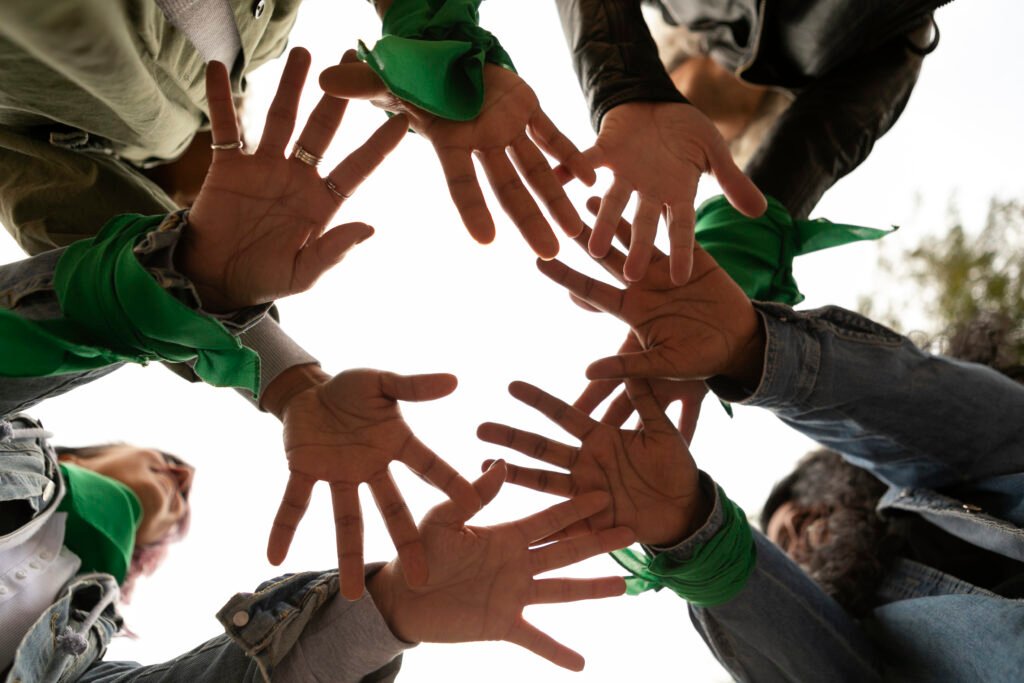In countries marked by war and division, reconciliation rarely comes easily. It requires time, effort, and, most importantly, people willing to move forward. In the Balkans, many wounds from past conflicts remain open, not just in the form of destroyed infrastructure, but in the deep mistrust between communities. Now, a new generation is stepping into the spotlight.
Most young people today didn’t experience war firsthand. Born after the fighting ended, they nonetheless live with its aftermath – in the stories they hear, the fear still present in some families, and the ways in which communities remain separated. They grow up attending different schools, celebrating different holidays, and often having little to no contact with peers from other ethnic backgrounds.
Despite this, many young people across Bosnia and Herzegovina, and the wider region, are becoming active agents of change.

Different kinds of initiatives – youth exchanges, dialogue programs, and community actions are slowly reshaping narratives once dominated by division. According to a 2023 regional study by the OSCE, over 60% of young people in the Western Balkans believe that reconciliation is possible and support initiatives aimed at building trust among ethnic groups.
For many, the drive to move forward stems from a desire not to be defined by the past.
And their efforts aren’t without challenges. In some communities, even mentioning reconciliation is considered controversial. Youth working in peacebuilding often face criticism or even rejection from their surroundings. But that hasn’t stopped them – in many cases, it motivates them further.
Research supports this momentum. A report by the Regional Youth Cooperation Office (RYCO) shows that young people are consistently more open to interethnic cooperation than older generations, and more willing to engage in joint activities across borders.
The road to lasting peace is long, and there will be setbacks. But as young people continue to speak up, in classrooms, on social media, and at community events they are creating a different kind of story for the Balkans. One built not on blame, but on responsibility, courage, and hope.
Against all odds, they are showing that a better future is not only possible – it’s already being written.